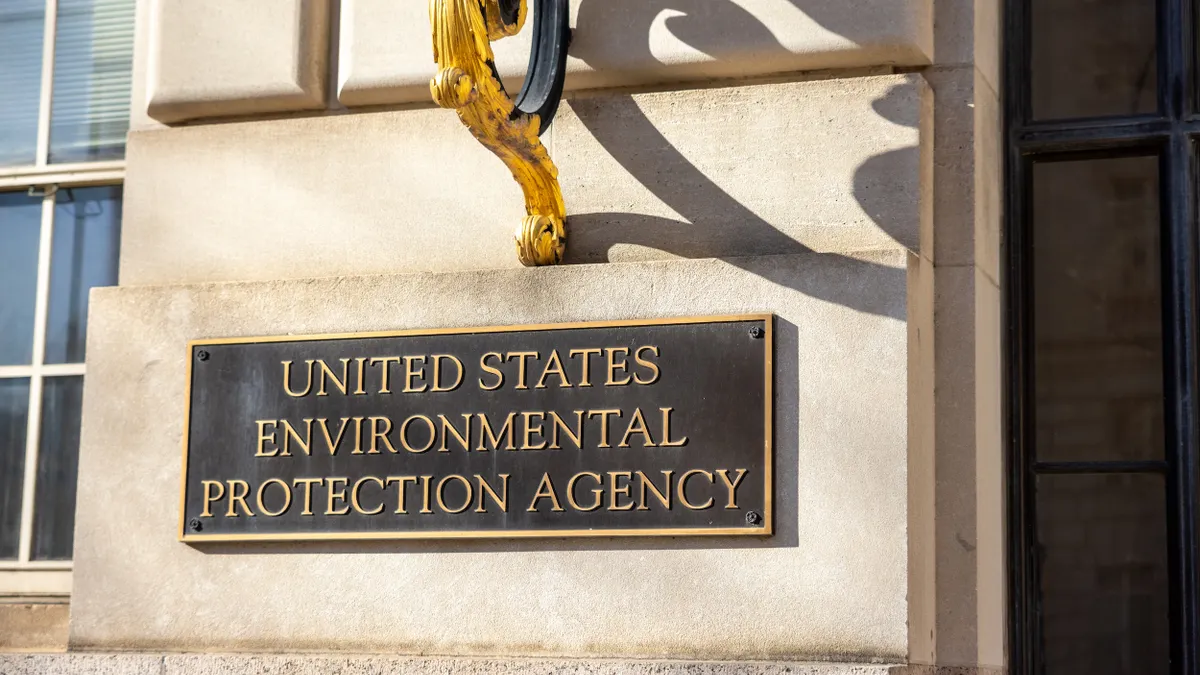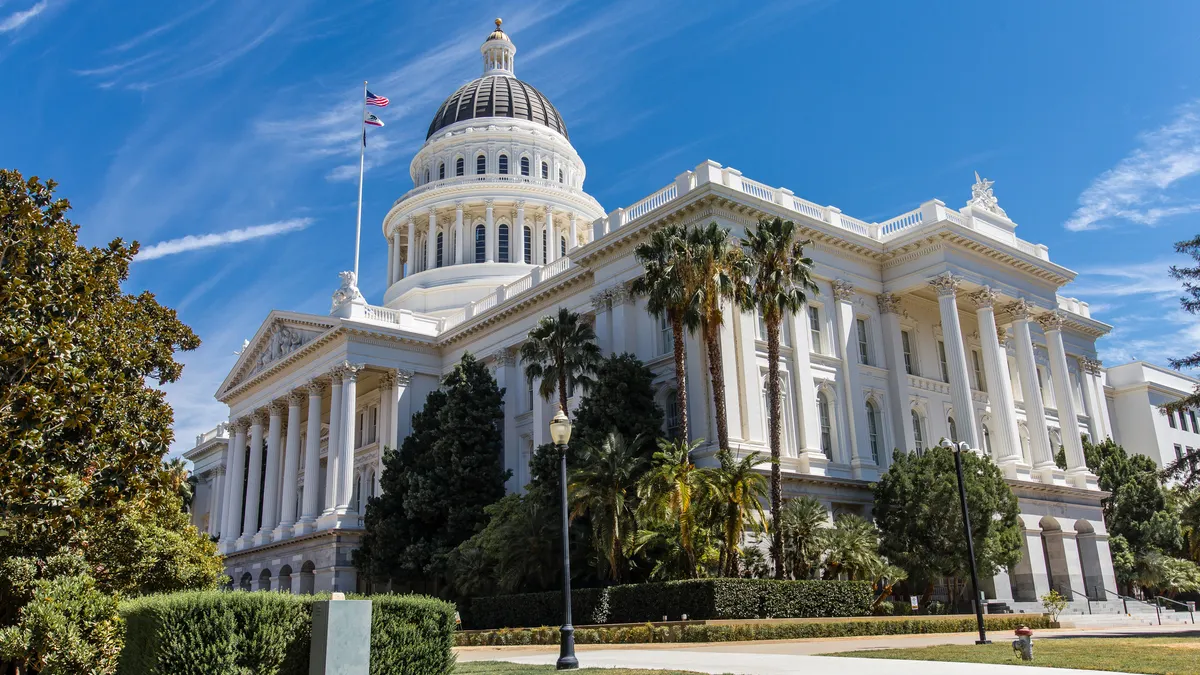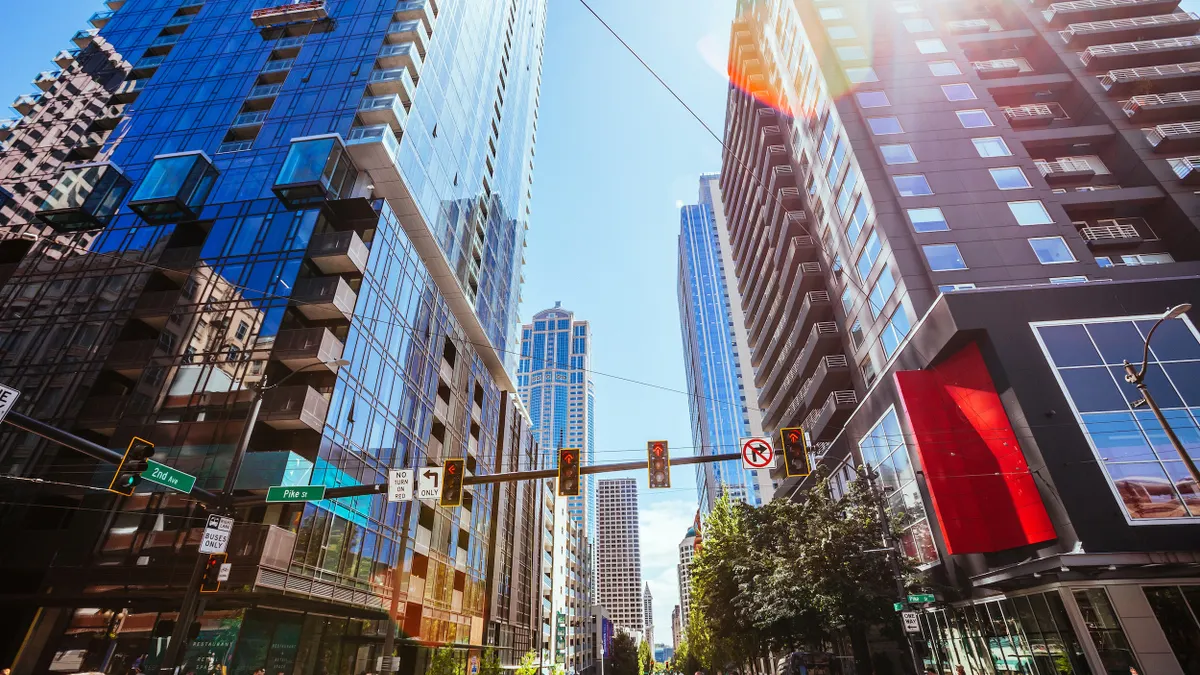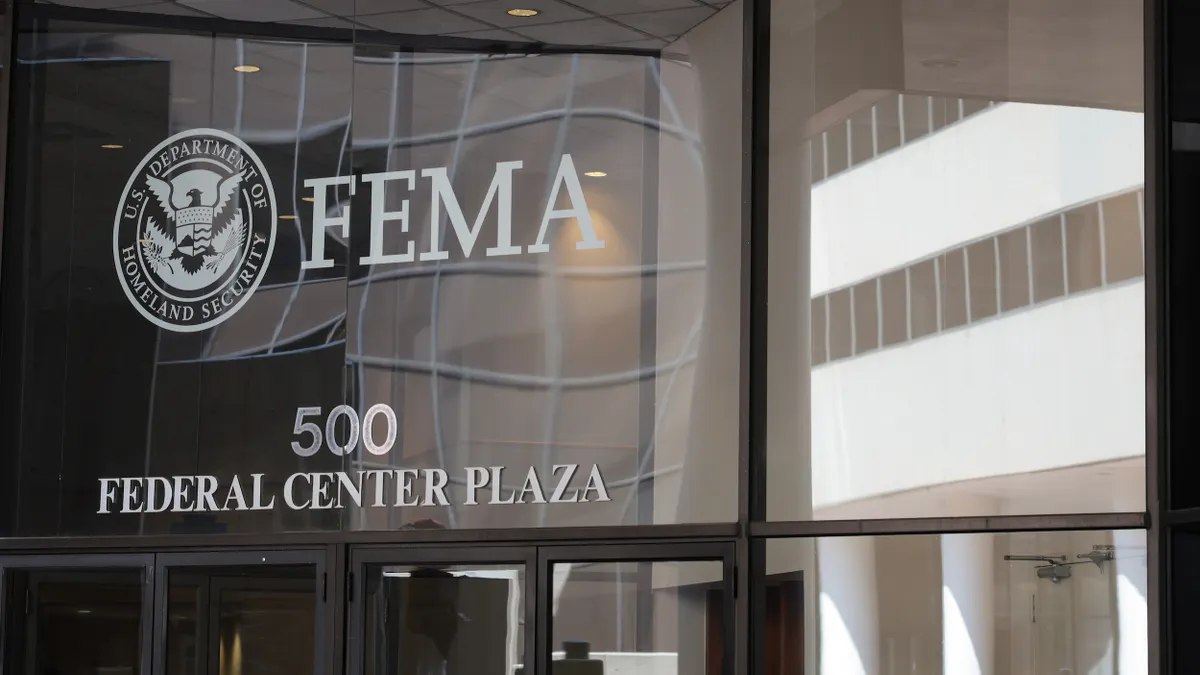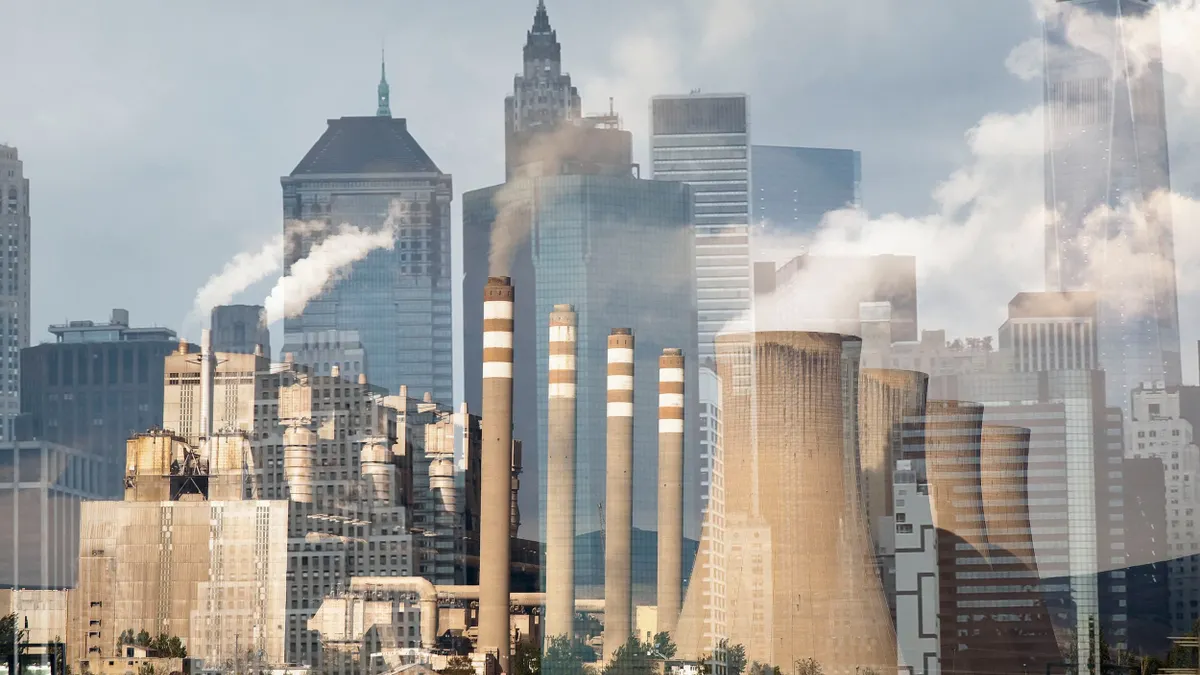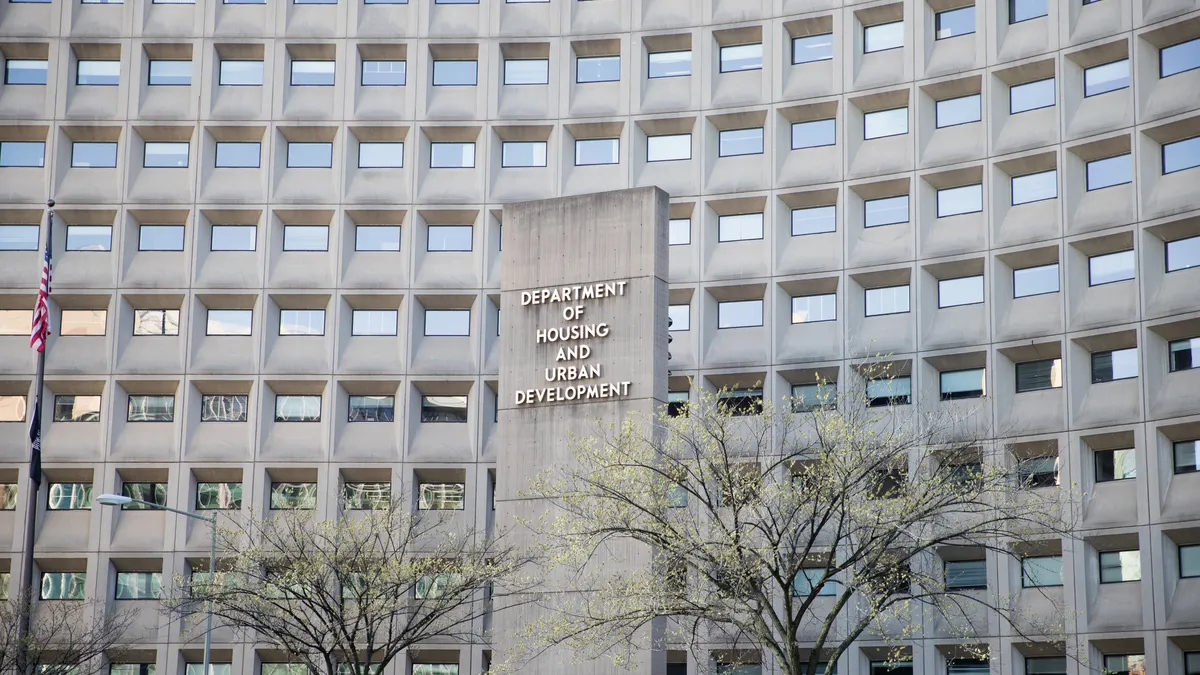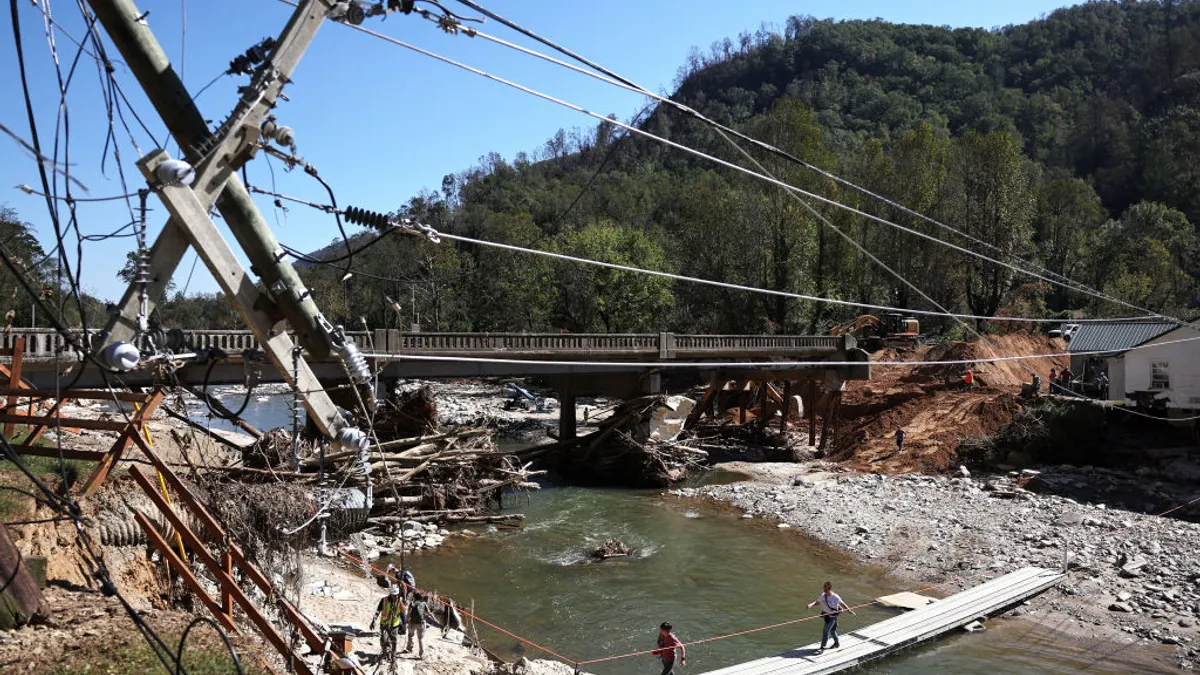While each city is unique, the challenges one may face can translate to many others across the country, perhaps just on a different scale. Identifying and communicating common challenges can help leaders devise solutions to cities' pressing problems.
Bloomberg Philanthropies has released the results of its 2018 American Mayors Survey, which provides an in-depth look into what mayors and city managers in 156 cities across the country view as their top issues. The anonymous survey occurred from November 2017 through January 2018 and asked both open-ended and multiple choice questions.
The survey includes responses from both small and large cities, which is different from other similar surveys that only focus on major cities. For this survey, small cities have 30,000-100,000 residents, medium cities have 100,000-499,999 residents and large cities have more than 500,000 residents. The mayors’ survey recognizes that more than three-quarters of U.S. cities have fewer than 100,000 residents and therefore fall into the "small" category, and their residents' and leaders' voices should be heard as loudly as those who live and work in metropolises.
Many local leaders report increasingly addressing global and national issues on their own with less federal or state support. They also point to state preemption as an increasing challenge to solving local problems.
A number of national and regional themes emerged in the topics of most importance to mayors and city managers: infrastructure, meeting residents' needs, climate change and opioids.
Infrastructure
Infrastructure is one of the topics that respondents say keeps them up at night, second only to revenue. It also tied for second place when mayors named predictions for the country's biggest problem 10 years from now; infrastructure tied for second with inequality, and political dysfunction ranked first.
City leaders aren't the only ones focusing on infrastructure; residents are paying attention to and requesting action on the issue as well. Two-thirds of mayors say infrastructure, especially roads, is one of the top problems they regularly hear about from residents. The problem is even more evident in small cities, where 73% of mayors cited infrastructure problems.
Residents' other primary concerns include affordable housing, traffic/parking, public safety and jobs/economic growth, although analysts note that traffic/parking technically also falls under the infrastructure category.
Meeting residents' needs
Mayors consistently report fighting the dual battle of meeting residents' needs while dealing with minimal funding and resources. Leaders report using a variety of methods to engage with residents — social media, press releases, surveys, town halls and data collection, among others — and using information gathered through the engagement to shape city planning and projects. In fact, 51% report frequently sourcing new ideas directly from residents. Ideas also come from local sources such as municipal employees and community groups, but only 1% of leaders report using ideas from Washington, DC.
Climate change
Although 80% of the mayors surveyed indicate that tackling climate change is very or somewhat important, municipal actions on the matter vary significantly. One thing leaders agree on is that financing is the biggest barrier to moving forward with climate action projects.
Besides funding, city leaders also agree that they largely lack the experience to implement comprehensive, wide-reaching climate strategies. Every leader reported having a bit of experience with encouraging sustainable transportation such as biking or public transportation, and 79% report significant or some experience in that area. But only 55% report that level of experience with developing or procuring renewable energy, 41% with shifting to electric vehicles and 36% with promoting low-carbon new buildings.
Opioids
The opioid crisis illustrates regional differences among survey respondents. The problem was not cited widely across the country, but it is a major concern in the areas where it was cited. This issue proved most pressing for leaders in the Midwest and Northeast. In fact, not a single mayor or city manager in the Northeast indicated that opioids are "not a significant challenge facing the city," compared with 31% of those in the West. Conversely, not one mayor in the West named opioids the top challenge facing their city, compared with 13% in the Northeast who believe it's a top challenge.
About two-thirds of respondents form the Midwest and Northeast have created programs or taken action to fight the opioid crisis, compared with about a quarter of those in the South and West. Municipal responses mostly involved supporting widespread distribution of opioid overdose antidotes, such as Narcan, followed by expanding access to treatment.







